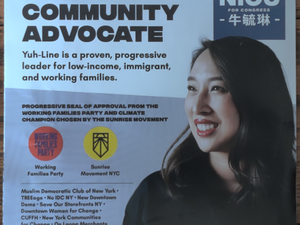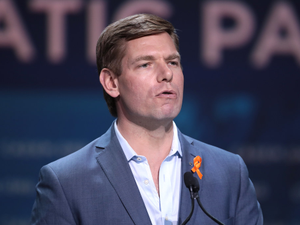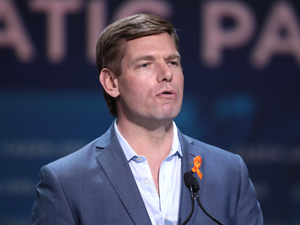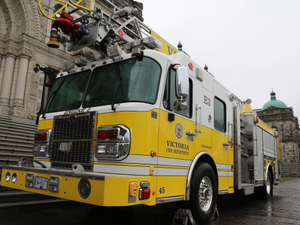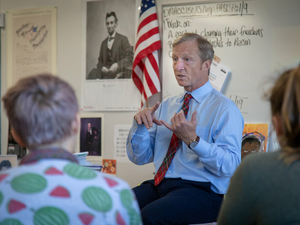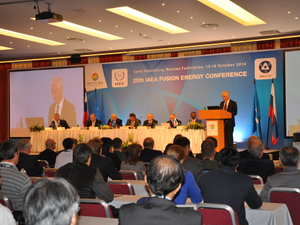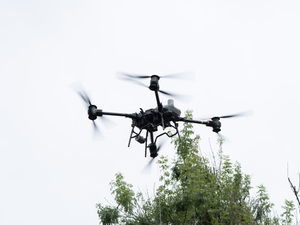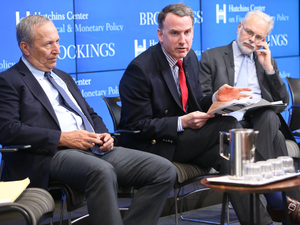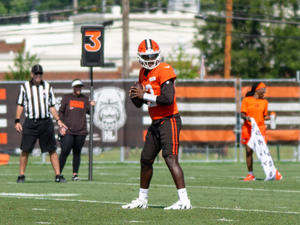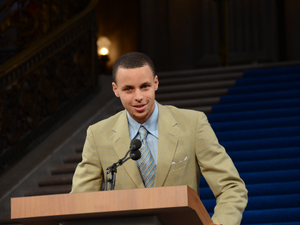Supreme Court Could Force Trump to Refund Billions in Controversial Tariffs
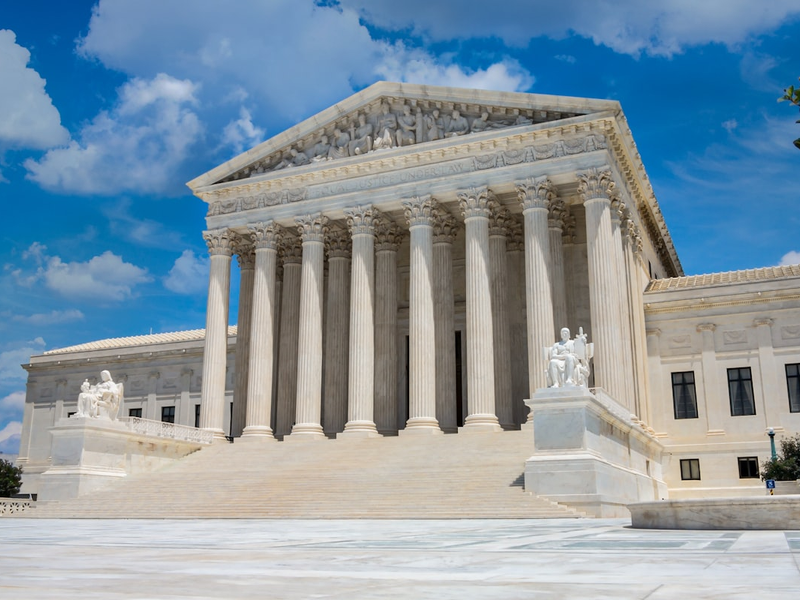
Photo by Fine Photographics on Unsplash
The future of US trade policy hangs in the balance as the Supreme Court prepares to rule on Donald Trump’s controversial tariff policies. If the court sides against Trump, the government might be forced to refund up to $1 trillion in import fees, potentially reshaping the economic landscape for businesses across the country.
The case centers on Trump’s use of the International Emergency Economic Powers Act (IEEPA) to impose wide-ranging tariffs, which he claimed were necessary to correct trade imbalances. However, dozens of economists argue that these trade deficits are actually normal and even indicate strong foreign investment in the US economy.
Tech companies and industry groups like the Consumer Technology Association are particularly invested in the outcome. They argue that Trump’s tariffs have caused significant harm by increasing costs, undermining long-term planning, and potentially threatening business survival. The unpredictable nature of these tariffs has created what some describe as a “perfect storm of uncertainty” for American manufacturers.
The potential financial implications are staggering. Treasury Secretary Scott Bessent has warned that refunds could range between $750 billion and $1 trillion if the court delays its ruling. Some business owners, like Rick Muskat from shoe company DeerStags, believe the refund process could be relatively straightforward, similar to how the IRS handles tax overpayments.
However, the administrative process might not be simple. Complicated tariff structures, especially with countries like China that changed rates multiple times, could make refund calculations complex and time-consuming.
Despite Trump’s claims that overturning these tariffs would “destroy the United States,” many economists and business leaders see the potential ruling as an opportunity to restore predictability to international trade. The Supreme Court’s decision could significantly impact how future presidents can impose economic sanctions and trade restrictions.
As the court deliberates, businesses and economists alike are watching closely, knowing that the outcome could reshape US trade policy for years to come.
AUTHOR: rjv
SOURCE: Ars Technica



